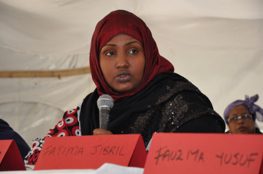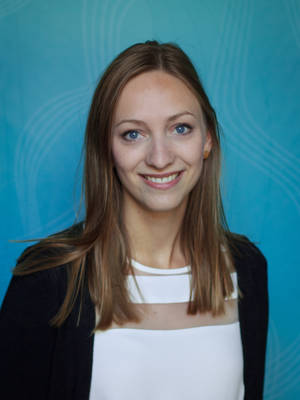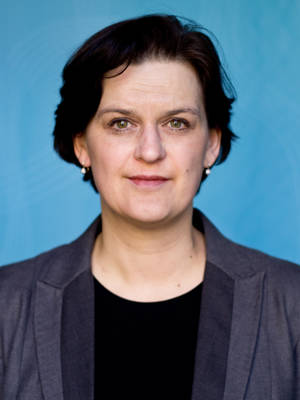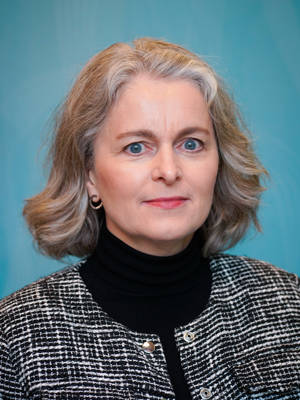In the past year Somalia has begun to reestablish a degree of stability. As hope grows that the country is finally turning a new page women find themselves with an opportunity to firmly establish themselves in the political arena.
Women's ability to pursue gender sensitive development within government is constrained by the degree of influence they hold, the loyalties they maintain and the desire they have to achieve gender equality. The project investigates the impact women have upon gaining public office. Do the few women in politics represent the female population in Somalia? How or why are they constrained from pursuing gender-focused agendas? What opportunities do women have to exert political pressure beyond the confines of the national government? What linkages exist between women in politics and popular women's movements in Somalia?
Find the main project website here.
The GENSOM project consists of three sub-projects, which study
- the history of women in politics in Somalia,
- the level of access women have to formal and informal arenas of power,
- the influence that women have in Somali politics, particularly in relation to a gender agenda.
The GENSOM project is a collaboration between the Peace Research Institute Oslo (PRIO) and the Heritage Institute for Policy Studies (HIPS).
Over a two-year period, 40 life histories, 70 semi-structured interviews and 10 focus groups will be held held with women in Mogadishu, Hargeisa, Garowe, London and Oslo.










